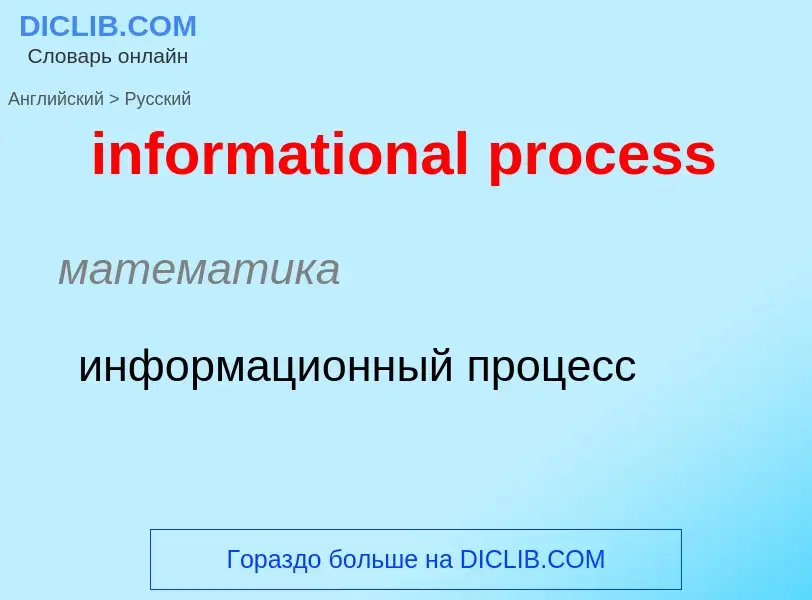Tradução e análise de palavras por inteligência artificial ChatGPT
Nesta página você pode obter uma análise detalhada de uma palavra ou frase, produzida usando a melhor tecnologia de inteligência artificial até o momento:
- como a palavra é usada
- frequência de uso
- é usado com mais frequência na fala oral ou escrita
- opções de tradução de palavras
- exemplos de uso (várias frases com tradução)
- etimologia
informational process - tradução para russo
математика
информационный процесс
математика
секвенциальная композиция
Wikipédia
Social proof is a psychological and social phenomenon wherein people copy the actions of others in choosing how to behave in a given situation. The term was coined by Robert Cialdini in his 1984 book Influence: Science and Practice, and the concept is also known as informational social influence.
Social proof is considered prominent in ambiguous social situations where people are unable to determine the appropriate mode of behavior, and is driven by the assumption that the surrounding people possess more knowledge about the current situation.
The effects of social influence can be seen in the tendency of large groups to conform. This is referred to in some publications as the herd behavior. Although social proof reflects a rational motive to take into account the information possessed by others, formal analysis shows that it can cause people to converge too quickly upon a single distinct choice, so that decisions of even larger groups of individuals may be grounded in very little information (see information cascades).
Social proof is one type of conformity. When a person is in a situation where they are unsure of the correct way to behave, they will often look to others for clues concerning the correct behavior. When "we conform because we believe that others' interpretation of an ambiguous situation is more accurate than ours and will help us choose an appropriate course of action", it is informational social influence. This is contrasted with normative social influence wherein a person conforms to be liked or accepted by others.
Social proof often leads not only to public compliance (conforming to the behavior of others publicly without necessarily believing it is correct) but also private acceptance (conforming out of a genuine belief that others are correct). Social proof is more powerful when being accurate is more important and when others are perceived as especially knowledgeable.
In 2020, a young scientist from Poland, Michal Klichowski, proved that this phenomenon also applies to interactions with artificial intelligence. His results show a new AI proof mechanism: AI that people have more and more contact with is a new source of information about how to behave and what decisions to take.

